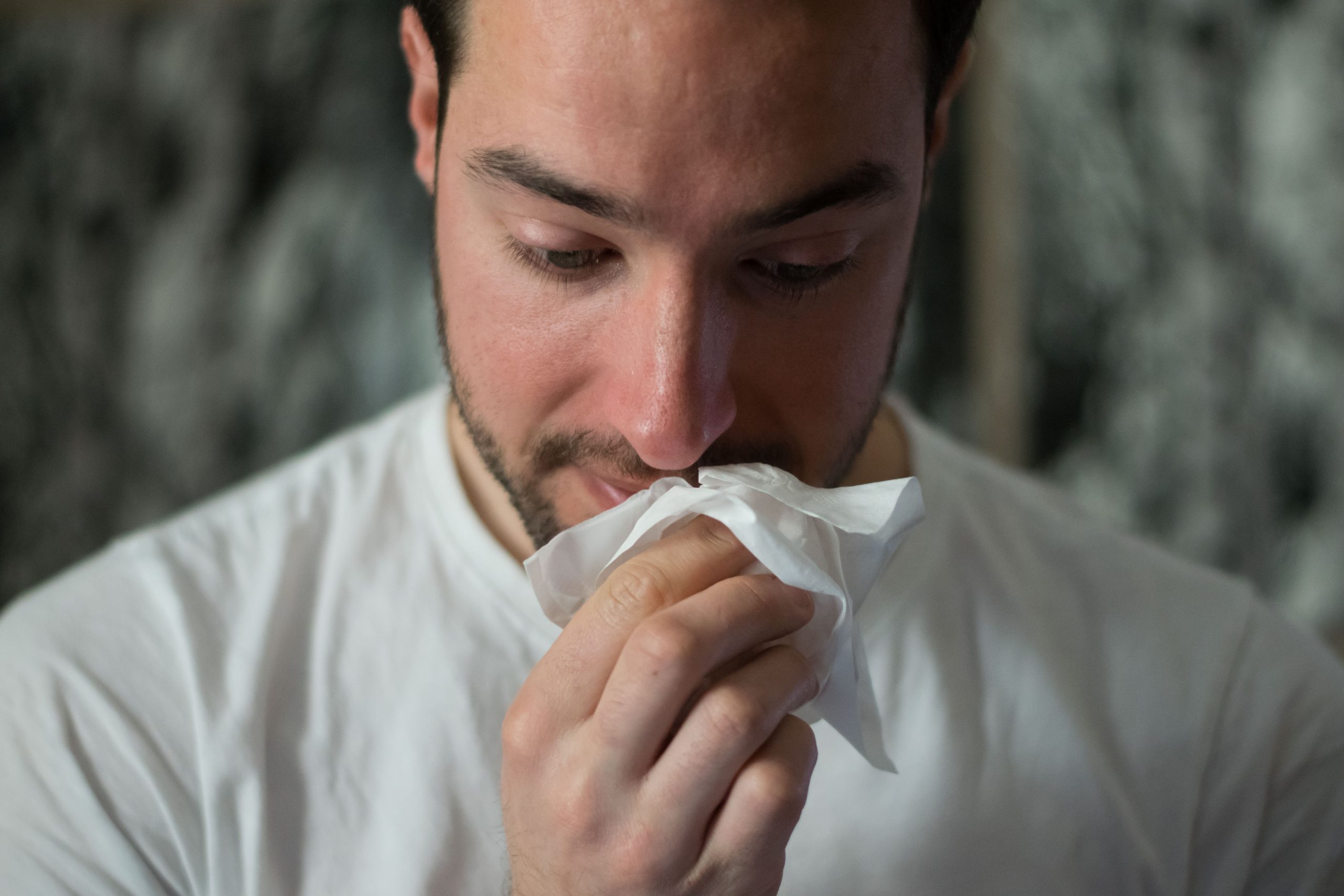Several employers, including Next, Morrisons and Ikea, have reduced their sick pay for unvaccinated staff in recent weeks. However, retailer John Lewis has today said its staff will receive full sick pay no matter what their vaccination status, saying it does not “believe it’s right” to treat workers differently.Some experts have warned that cutting sick pay for unvaccinated staff could be discriminatory and have repercussions for businesses. Employee relations experts AdviserPlus says employers should understand the risks and have clear policies in place before taking the step
Withholding contractual sick pay for unvaccinated staff has significant risks that employers should consider before enforcing the policy.* It comes after several employers including Ikea and Morrisons have cut sick pay for unvaccinated employees after a rise in staff absences over the winter period.
Analysis by the Trades Union Congress found that 723,900 private sector workers were self-isolating due to Covid-19 from 13 to 26 December, which is around 2.7% of the private sector workforce. Although the number of positive cases has been in decline recently, with 74,799 new cases on 23 January compared to over 141,000 on 9 January, the ongoing impact on workforce availability remains significant.
With working from home restrictions lifted on 19 January and the remaining Plan B restrictions to be lifted on 26 January, employers need to consider how this impacts their working arrangements and be minded that their decisions could result in more staff absence.
Technical HR Consultant, Catherine Shacklady, AdviserPlus, says: “With working from home no longer a requirement, employers elect for employees to return to the workplace. If an employee tests positive, they may feel mildly unwell but still be able to work, albeit the commute to the workplace may be a barrier. Employers may therefore want to consider home working, in addition to whatever hybrid agreement is in place, where positive cases arise so as to avoid increased absenteeism.
Among the employers who have elected to cut contractual sick pay, vaccinated employees who test positive for the virus will reportedly still get full sick pay for any isolation period. However, those who are unvaccinated, or are a close contact of someone with Covid but themselves test negative, will not. In the latter, a full 10 days isolation period is required.
However, AdviserPlus has warned of the risks to cutting sick pay based on vaccination status, and says employers need to be fully aware of these before embarking on this policy change.
From a legal perspective, these risks include the policy being viewed as unlawful or a breach of contract, and could lead to a constructive dismissal claim should the employee feel they have no option but to resign.
Jane Grundy, Technical HR Consultant at AdviserPlus, also says: “Currently, a refusal to be vaccinated is deemed to be a personal choice. There is recent case law where a fear of catching Covid was not deemed to be a protected belief under the Equality Act. However, as case law develops, there is a risk that employees may claim that being unvaccinated is a philosophical belief. If this is found to be the case, they could be successful in their discrimination claim.”
Strict policies may also not account for those who are unvaccinated due to disabilities, pregnancy-related concerns, other health conditions or ethnicity, which would also put employers at risk of discrimination claims.
From an organisation perspective, being involved in a discrimination claim could impact the reputation of the business, and therefore risk limiting the company’s talent pool and opportunities, as well as adding a burden to management time and workload.
From a personnel perspective, a ‘no jab, no job’ policy risks alienating some staff and creating a divide between those who are vaccinated and those who are not. It could mean some employees become disengaged or start to feel undervalued for having different ethics.
Recent reports have suggested that without decent sick pay for all, employees might face the choice of self-isolating and facing hardship or not self-isolating and potentially spreading the virus, which could mean further employees being exposed to Covid-19.
In looking to the future, it is widely expected that the Government will end compulsory self-isolation for those who test positive for Covid-19 at the next review, on 24 March.
Jane Grundy comments: “It is not yet clear whether this change will apply equally to vaccinated and unvaccinated employees or whether employers will choose to draw that distinction, on the basis that an employee is more likely to be unwell if unvaccinated.
“If employers wish to tie the eligibility or level of sick pay to vaccination status despite these risks, they should ensure they have clear policies and guidance for applying the decisions.







